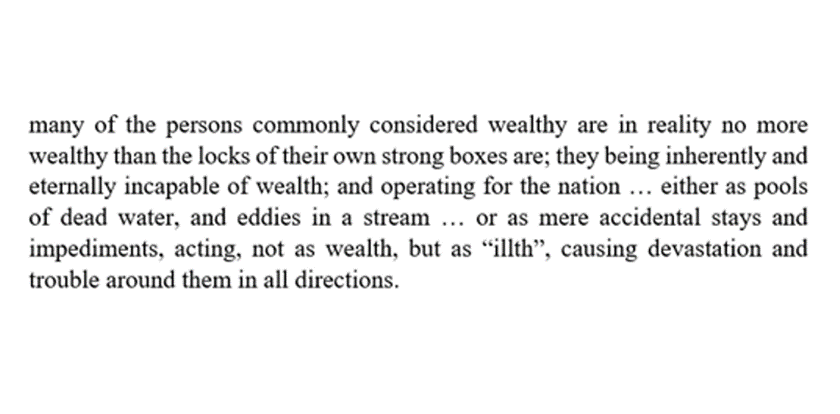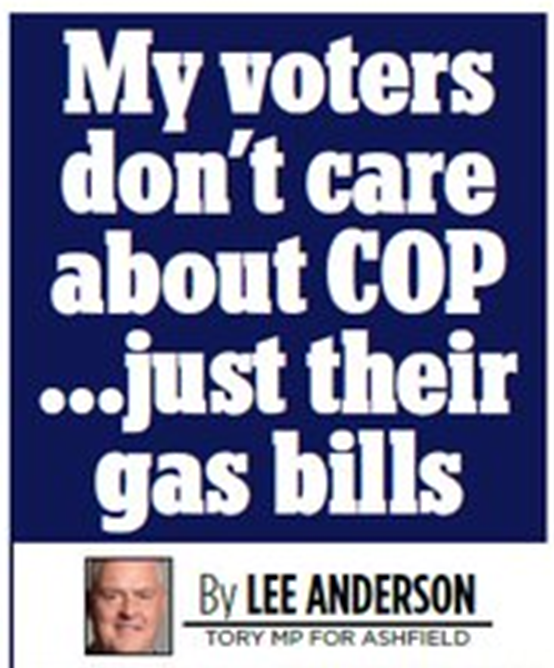
This has never been true (think Callaghan, Major, Brown, May, Johnson...) Its logic - that the mandate belongs to the PM, & that MPs alone have no right to remove it - would disable the core principle of a parliamentary constitution: that a PM must have the confidence of Parlt.
https://twitter.com/paulwaugh/status/1486111189541265408
What Rees-Mogg is arguing for isn't just a presidential premiership. It's an unconstrained premiership, shorn of one of the few safeguards against the abuse of prime ministerial power.
Hence also his desire to shut Parlt down in 2019 (when the PM had no electoral mandate at all)
Hence also his desire to shut Parlt down in 2019 (when the PM had no electoral mandate at all)
If Rees-Mogg wants a presidency, he should think through the implications: direct elections, with candidates from outside the Big Two; legally defined limits to presidential power (replacing the constraining role of Parlt); & a separately-elected legislature, with its own leaders
For years, Britain has been drifting towards a quasi-presidential system that has none of the checks & balances of an actual presidency, while dismantling parliamentary constraints on power. If Rees-Mogg reminds us of the dangers of that model, he'll have done something of value.
• • •
Missing some Tweet in this thread? You can try to
force a refresh










